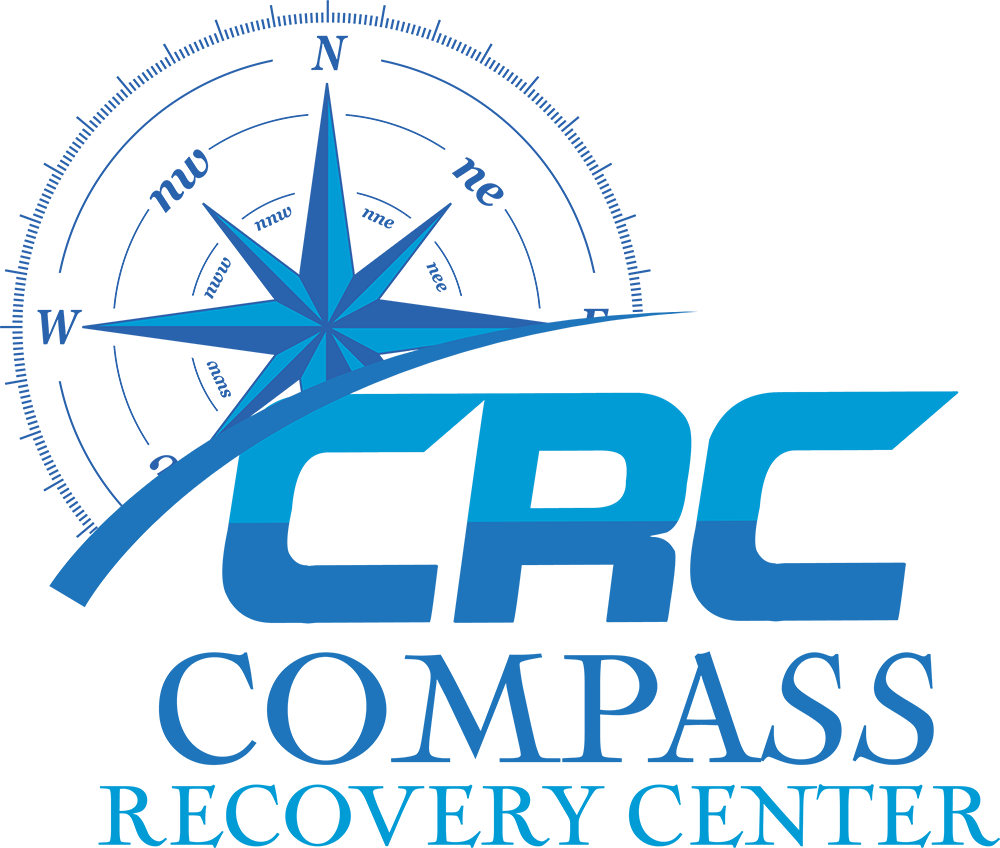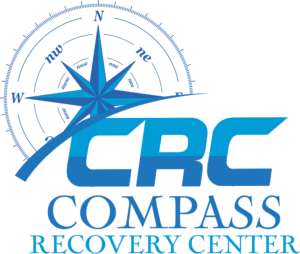Gambling has been a part of human culture for centuries, offering entertainment, thrills, and the allure of a big win. However, for some, what starts as harmless fun can quickly spiral into a debilitating addiction. Gambling addiction, also known as compulsive gambling, is a serious issue that affects millions of people worldwide. Read on as we delve into the basics of gambling addiction, explore its prevalence, discuss when to seek help, and highlight effective recovery methods.
Understanding Gambling Addiction
Gambling addiction is characterized by an uncontrollable urge to gamble despite negative consequences. It’s a behavioral addiction, much like substance abuse, where people become dependent on the rush they experience while gambling. This dependence can lead to severe financial, emotional, and psychological problems.
Statistics: How Common is Gambling Addiction?
Understanding the prevalence of gambling addiction is crucial to grasp the extent of this issue. According to the National Council on Problem Gambling (NCPG) in the United States:
- Approximately 2-3% of the population struggles with a gambling problem.
- An additional 6-9 million individuals exhibit some signs of problem gambling.
- It’s estimated that for every person with a gambling addiction, eight to ten others are affected by their behavior, including family members, friends, and coworkers.
These statistics illustrate that gambling addiction is more common than many might think, and its impact extends beyond the person struggling with the addiction.
Recognizing the Signs: When to Seek Help
Identifying gambling addiction can be challenging, as the signs and symptoms often manifest gradually. However, there are some common indicators to look out for:
- Preoccupation with gambling and an inability to stop, even when trying to quit.
- Lying to loved ones about the extent of gambling involvement.
- Using gambling as an escape from stress, anxiety, or depression.
- Neglecting responsibilities and relationships due to gambling.
- Chasing losses by betting more to recoup previous losses.
- Borrowing money or resorting to illegal activities to fund gambling.
If you or someone you know exhibits these signs, it’s crucial to seek help promptly. Gambling addiction, like any addiction, tends to worsen over time, making early intervention essential.
How to Recover from Gambling Addiction
Recovering from gambling addiction is possible with the right support and strategies. Here are some effective recovery methods:
Therapy and Counseling: Behavioral therapies such as Cognitive-Behavioral Therapy (CBT) and Dialectical Behavior Therapy (DBT) can help individuals identify triggers, develop coping strategies, and change harmful thought patterns.
Support Groups: Joining a support group like Gamblers Anonymous (GA) can provide a sense of community and understanding. Sharing experiences and strategies with others in similar situations can be immensely beneficial.
Financial Counseling: Managing the financial aftermath of gambling addiction is essential. Financial counselors can help individuals create budgets, repay debts, and regain control over their finances.
Family Involvement: Including family members in therapy or counseling sessions can help repair damaged relationships and provide a stronger support network for the individual in recovery.
Medication: In some cases, medication may be prescribed to address co-occurring mental health issues like depression or anxiety that often accompany gambling addiction.
Find a Way Out With Compass Recovery
At Compass Recovery, we start by conducting a thorough analysis of our clients upon their arrival. This process helps us identify the initial problem areas that need attention in their treatment plan. Our team includes individuals who have personally experienced gambling addiction and recovery. They empathize with our clients’ struggles and are here to provide support and guidance during the challenges that arise in treatment.
Our treatment approach at Compass Recovery Center revolves around the 12 Steps, which serve as a cornerstone in our program. We believe that individuals in early recovery benefit from exposure to the principles of the 12 Steps and the guidance of a recovery sponsor to navigate their initial journey. Conveniently, Gamblers Anonymous has local branches in the Prescott area, making it easily accessible for our clients to attend their meetings.
Many of the individuals we treat for gambling addiction have faced severe financial difficulties due to their choices. As they begin their journey to recovery, it becomes essential to relearn effective financial management. Even after removing gambling from their lives, establishing healthy financial habits and monthly budgeting is necessary. We provide the necessary financial tools to help them lay a strong foundation for successful money management throughout their lifetime.
Gambling addiction is a serious and widespread problem, affecting millions of individuals and their loved ones. Understanding its signs, seeking help early, and embracing effective recovery methods are crucial steps toward a healthier, more fulfilling life. If you or someone you know is struggling with gambling addiction, remember that help and support are available, and recovery is possible. Ready to seek help? Reach out today.

